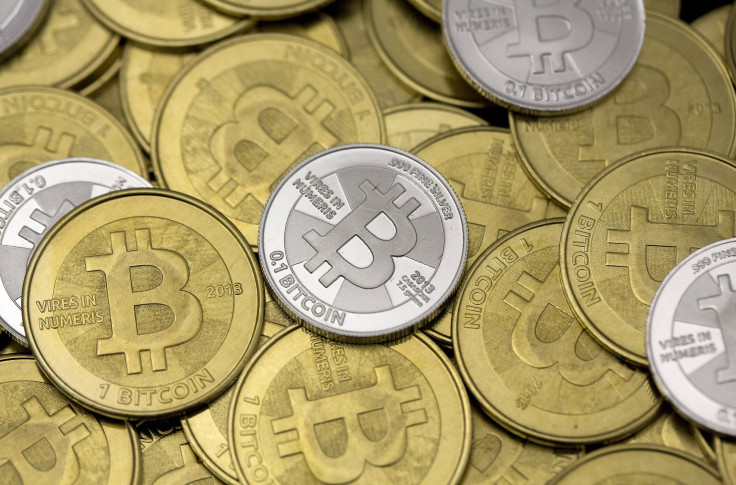Mt. Gox's Collapse May Bring Long-Term Benefits To Bitcoin Industry Says New York Banking Regulator While Japan Doubts It's Criminal

New York’s banking regulator said Monday that the collapse of Mt. Gox could benefit the bitcoin industry by forcing weaker operators to shut down and by increasing supervision into such transactions, while the Japanese government is trying to ascertain whether there were criminal intentions involved in the exchange’s declaration of bankruptcy Friday.
It is expected that the incident would lead to a more hands-on approach by regulators to the industry, leading to greater transparency in bitcoin transactions. But, the Japanese government is struggling to logically explain how the world’s largest bitcoin exchange could lose about half a billion dollars in only a few days' time. Mt. Gox filed for bankruptcy protection stating that it lost about 850,000 bitcoins after its systems were hacked, according to Reuters.
"We still have not had a clear grasp of the situation. (We) don't know if it was a crime or just a bankruptcy," Finance Minister Taro Aso said Tuesday after a cabinet meeting, according to Reuters.
Mt. Gox halted its transactions after hackers penetrated its systems, leading to a crash in the bitcoin value on its exchange to about $135 from $828.99 before Feb. 7, Reuters reported. Bitcoins have been in circulation since 2009 and they are not tied to any government or central bank yet, and the $7 billion market for bitcoins has the electronic currency's value varying between exchanges.
"It's on the one hand a setback, on the other hand it will cause further improvements in this industry and some more regulatory involvement," Benjamin Lawsky, superintendent of New York's Department of Financial Services, told Reuters.
Meanwhile, Preet Bharara, U.S. Attorney for the Southern District of New York, has dispatched subpoenas to Mt. Gox and other bitcoin exchanges seeking more clarification on how they dealt with cyber attacks, Reuters reported, citing a source.
Hackers reportedly sent thousands of phantom transactions forcing at least three exchanges to halt withdrawals of bitcoins on Feb. 7. Mt. Gox, which was one of the exchanges to halt services, did not resume its transactions and instead filed for bankruptcy Friday.
"Mt Gox has been broken and it was obvious there was something really bad going on there for nearly a year. They were processing withdrawals very slowly and generally being very opaque about what was going on there," Mike Hearn, a bitcoin developer in Zurich, Switzerland, told Reuters.
© Copyright IBTimes 2025. All rights reserved.






















